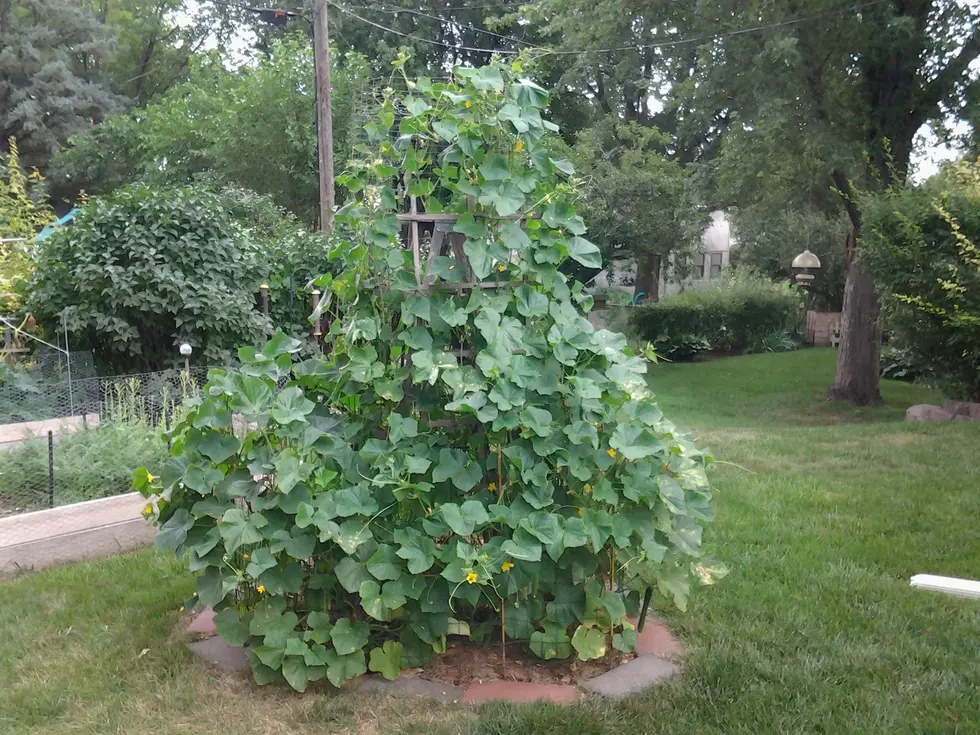
Dig Up Some Flavor, Nutrition with Root Vegetables
Root vegetables. Not the most appetizing of names, is it? But the nutritional values of these underground goodies is unquestionable! Carrots, beets, turnips, parsnips, radishes, and sweet potatoes all bring flavor and nutrition to our dishes.
Root vegetables need loose deep soil to grow their beast. They can be planted directly, from seed, into the soil. Thin them to 2" apart and water about 1" a week. Do not apply any insecticide to edible plants.
Carrots can be harvested when their tops are about 1" to 1 1/2" in diameter, beets, when they are 1 1/2" to 3", kohlrabi when it's 2" to 3" in diameter. Parsnips, turnips, and rutabagas can be harvested when they're at the desirable size. Root vegetables can be removed gently from the ground with a spading fork.
The nutritional benefits of root vegetables are many. Carrots and sweet potatoes contain beta carotene, potassium, and vitamin C. Beets have vitamins A, B, C, and are high in potassium and iron. Turnips and parsnips are packed with vitamins C, E, and B6. All contain fiber.
Root vegetables can be boiled, steamed, sauteed, baked, grilled, and pureed. Here are a two ideas that both go great with roast chicken.
Sweet potatoes are usually partnered with warm and sweet flavors. To give them a more savory twist try this; saute 1/2 cup diced onions in 1 stick of butter. Peel and slice 2 small sweet potatoes into rounds and add to onions. Cover and and cook over low heat until sweet potatoes are fork tender. Uncover and flip the rounds, season with salt, pepper, and 1/2 teaspoon of sage. Continue cooking, uncovered until the potatoes are golden brown.
For a colorful medley, roast an assortment of beets, sweet potatoes, and parsnips together. Cut the vegetables the same size, toss with olive oil, 3 whole gloves of garlic,salt, pepper, dried oregano or thyme. Roast in a 425 degree oven, turning several times, until the vegetables are tender.
More From KXRB









